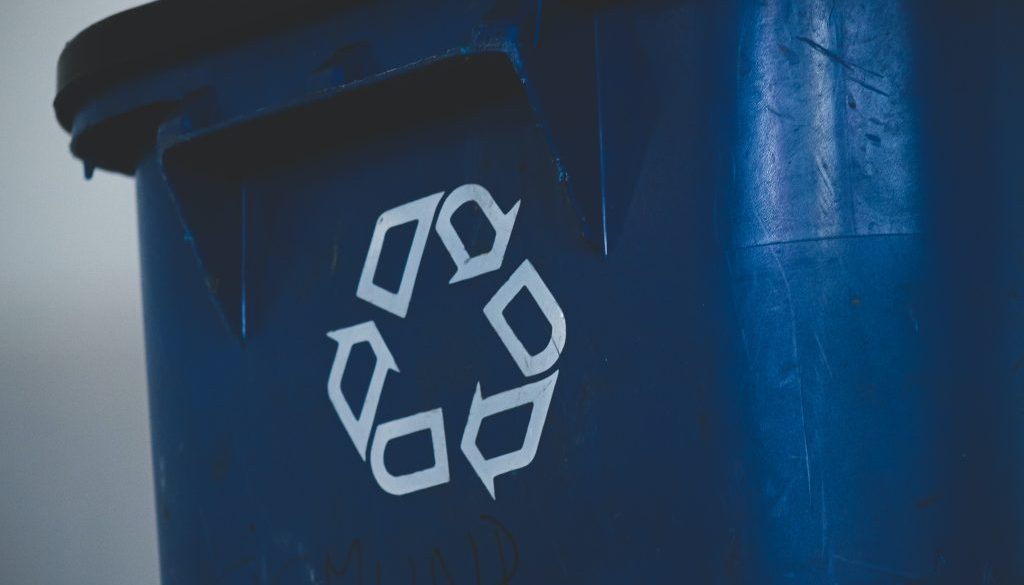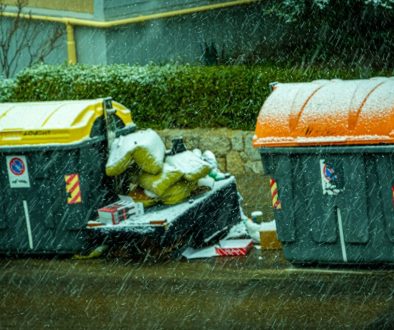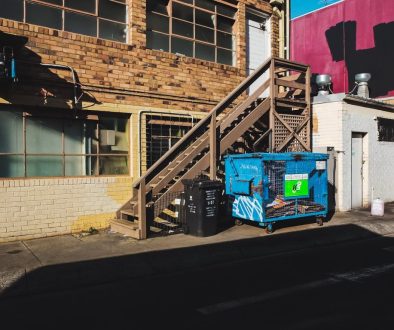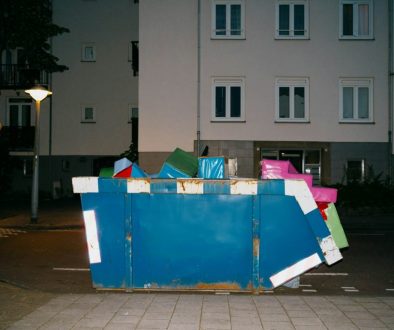The world is currently facing a climate crisis, and everyone must take action to protect the planet. One of the most effective ways to mitigate the effects of climate change is through recycling. Recycling reduces the amount of waste that goes to landfills, preserves our natural resources, and helps decrease greenhouse gas emissions. This article will delve into the importance of segregating waste and recycling.
Why Segregating Waste Is Important
Segregating waste means separating different types of waste materials, such as paper, plastic, metal, and glass, into different skips. This process facilitates the easy collection and recycling of these materials. The benefits of segregating waste include the following:
- Reducing Landfill Waste – Landfills are one of the most significant sources of methane gas emissions, which substantially contributes to climate change. Segregating waste reduces the amount of waste that goes to landfills, which in turn reduces the amount of methane gas released into the atmosphere. By diverting recyclable materials from landfills, we can reduce the amount of waste that ends up there and reduce greenhouse gas emissions.
- Conserving Natural Resources – Recycling saves natural resources such as timber, water, and minerals. By recycling materials, we can reduce the need to extract and process new raw materials. By reducing the need for removing new raw materials, we can conserve natural resources and reduce the environmental impact of resource extraction.
- Reducing Energy Consumption – Recycling also helps to reduce energy consumption. Producing goods from recycled materials requires less energy than producing goods from raw materials. For example, recycling aluminium cans saves about 95 per cent of the energy needed to make new aluminium cans. By reducing energy consumption, we can reduce greenhouse gas emissions and conserve fossil fuels.
- Creating Jobs – Recycling creates job opportunities in the waste management industry. In fact, recycling can produce ten times more jobs than landfilling. By promoting recycling, we can create jobs and support local economies.
Why Recycling Is Important
Recycling converts waste materials into new products. The importance of recycling includes:
- Reducing Greenhouse Gas Emissions – Recycling reduces greenhouse gas emissions by reducing the need for extracting, transporting, and processing raw materials. By reducing greenhouse gas emissions, we can mitigate the impact of climate change and prevent deadly disasters.
- Reducing Pollution – Recycling reduces pollution by reducing the amount of waste that goes to landfills. Landfills are a significant source of air and water pollution. Recycling also reduces the pollution caused by extracting and processing raw materials. By reducing pollution, we can improve air and water quality and protect human health.
- Conserving Natural Resources – Recycling saves natural resources by reducing the need for extracting and processing raw materials. This conserves natural resources such as timber, water, and minerals. By conserving natural resources, we can reduce the environmental impact of resource extraction and protect biodiversity.
- Supporting the Economy – Recycling supports the economy by creating jobs in the waste management industry. By boosting the waste management industry and reducing costs, we can help local economies and promote sustainable development.
How to Segregate Waste
Segregating waste is easy and requires only a few basic steps:
- Identify the different types of waste materials – The main types of waste materials include paper, plastic, metal, and glass. Identify these materials in your waste stream by examining the items you throw away.
- Label the containers – Label the waste containers according to the waste materials they will contain. For example, label one skip as “paper,” another as “plastic,” and so on. This will make it easier for everyone in your household to segregate waste.
- Educate Household Members – Educate everyone in your household about the importance of segregating waste and recycling. Explain the benefits of recycling and how to segregate waste properly.
- Separate waste materials – When disposing of waste, separate the materials according to their type and place them in the appropriate container. Make sure everyone in your household is aware of which container each material belongs in.
Challenges in Segregating Waste and Recycling
Whilst segregating waste and recycling is effective in addressing climate change, there are several challenges that hinder the effort. One of the most significant challenges is the lack of awareness and education about waste segregation and recycling. Many people are not aware of the benefits of segregating waste and recycling, and they do not know how to segregate waste materials properly.
Another challenge is the lack of infrastructure for waste segregation and recycling. Many municipalities do not have the necessary equipment and facilities to collect, segregate, and recycle waste materials. This is a significant problem in developing countries where waste management infrastructure is inadequate.
The cost of waste segregation and recycling is also a significant challenge. Recycling can be expensive, and many municipalities do not have the budget to implement effective waste segregation and recycling programs.
Solutions to Improve Waste Segregation and Recycling Efforts
To improve waste segregation and recycling efforts, education and awareness campaigns are essential. Governments, NGOs, and other organisations should launch campaigns to educate people about the benefits of waste segregation and recycling. These campaigns should be targeted at schools, households, and businesses to promote waste segregation and recycling efforts.
Improving waste management infrastructure is also crucial. Governments should invest in waste management infrastructure such as recycling plants, waste segregation facilities, and collection systems. This will make it easier to segregate waste and recycle materials.
To reduce the cost of waste segregation and recycling, governments should provide incentives to encourage recycling. This could include tax breaks for businesses that recycle or subsidies for recycling plants. Governments should also encourage the private sector to invest in recycling by providing funding and other incentives.
Finally, governments should enforce regulations to ensure that waste segregation and recycling efforts are mandatory. This could include fines for individuals or businesses that do not segregate or dispose of waste improperly. By enforcing regulations, governments can ensure that waste segregation and recycling efforts are effective and sustainable.
Final Thoughts
Segregating waste and recycling is an effective way to mitigate the effects of climate change. Everyone can contribute to this effort by segregating waste and recycling. It is a simple but effective way to protect the planet for future generations. By taking action now, we can create a more sustainable future for ourselves and the earth.
Do you need a skip hire in Stafford? Check out Enviro Skip Hire, a family-run skip hire and aggregate company servicing Staffordshire. Check out our wide range of skip sizes and aggregates.




